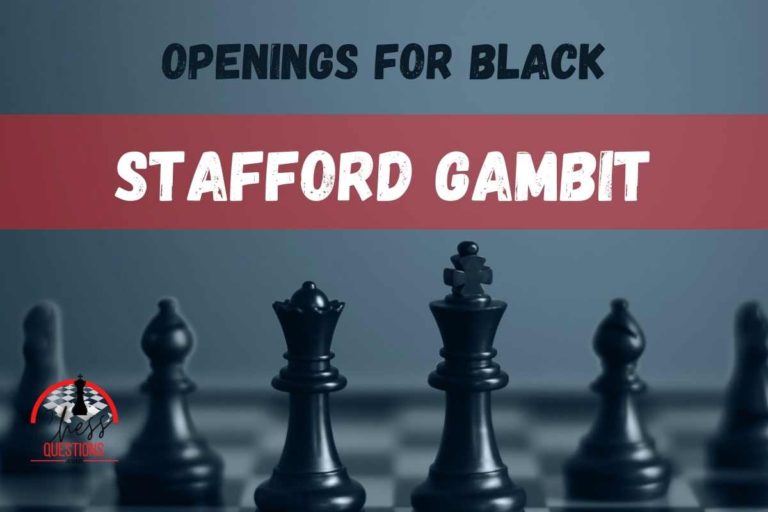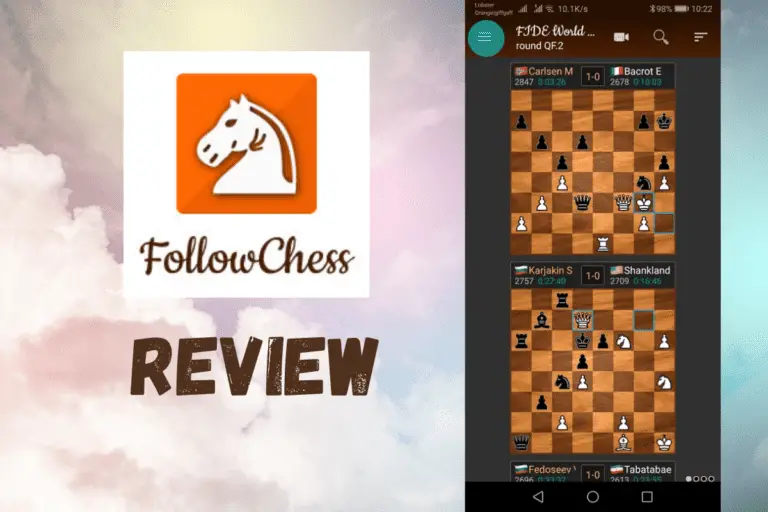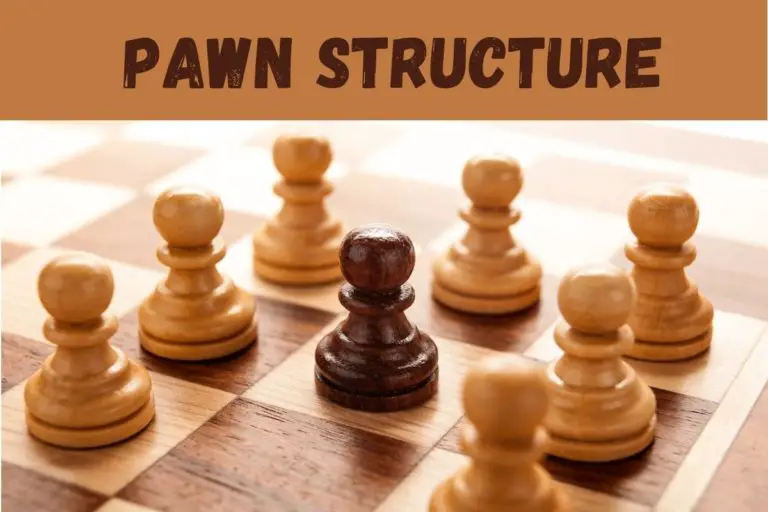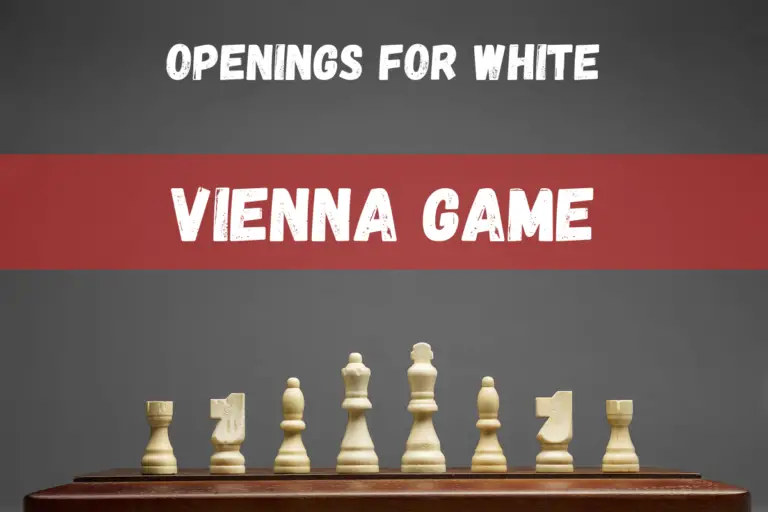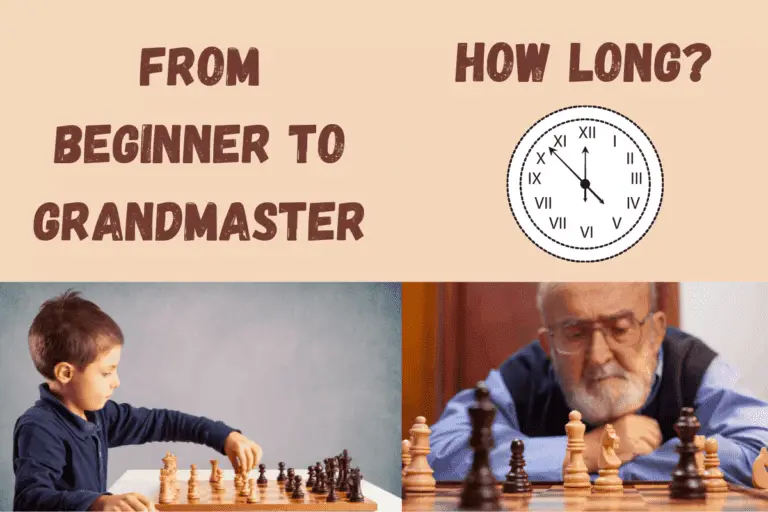Chess Openings: Necessary or Over-studied
⭐⭐⭐ Take 7 minutes to read and improve your chess game ➡️ : This article was first published on, and is Copyright of Chessquestions.com
Many people wonder if studying chess openings is necessary or a waste of time. This blog post looks at both sides to answer the question for you. The first point that we will cover is why it is important to study chess opening theory in general. We then explore the benefits and drawbacks of over-studying your opening, before concluding with some final thoughts on whether or not it matters which openings you know!
Studying chess openings has many important benefits for a novice player including gaining early advantage and control from the starting position, the ability to maintain strategy, to avoid novice traps, and not to waste precious time at the opening phase.
Some novice players will learn and perfect just a few popular openings and perform very well, leaving others who constantly study opening at a loss as to why their chess abilities are not better despite studying openings constantly.
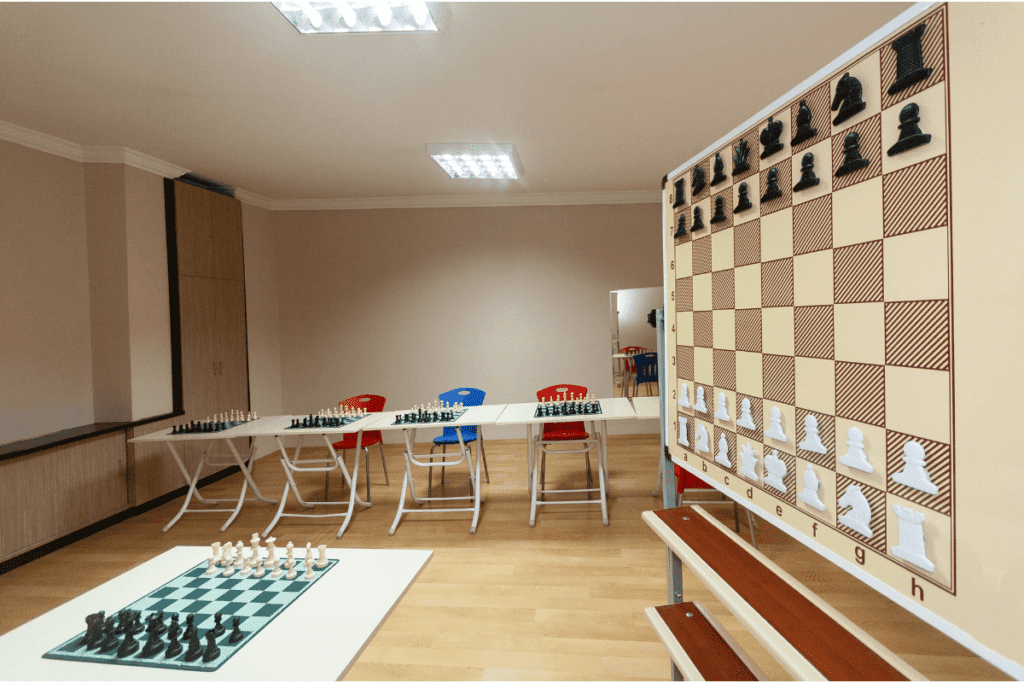
This article will not delve into specific openings or their variation and is only about general chess opening study, Please head back to the main Chess Openings page where you can find lots more information.
What Chess Openings to Study
There are scores of different chess openings available to study for your development. Whilst it is both interesting and impressive to study and learn them all by heart, there could be a case for taking too much time and getting rather too involved in the study of chess openings.
For a novice like me, the best chess opening to study is, of course, the one that I want to try to play next. The opening you choose should be studied in-depth and understood well before it has to be played in any competitive game, although you can try it out against a chess engine or a friendly online game.
Once learned you will find you may get many different counters to your popular chess openings, and this is part of the process too.
For those with the idea of playing chess as a career, there could also be an argument for studying common openings against particular opponents or styles of play that are more likely than others to occur during their game.
Study both White and Black Openings
One mistake that is often overlooked is whilst studying white openings, you may well become a relative expert in going first but what happens when coin toss determines you are playing black and going second, what do you do then?
You should spend an equal amount of time learning both the white and black openings and attack. Knowing all the possible chess moves helps here.
Some people say that if you only study one side, then it is easy for advanced players to find defenses and responses to counter your opening advantage in the other games where he/she goes first.
Others will argue that because of this it is better not to spend too much time studying chess openings at all or even more than two hours per day depending on their age.
When I was younger I studied them obsessively, at the time of writing I have forgotten most of them given the time I have been off the board. I know have chosen a few to learn well, and until such time as I feel I need more, I am happy with the study I have put in, and enjoy playing rather more than obsessing too much about the opening.
Study to Avoid Traps
One of the most important reasons for studying various chess openings is so that you can identify a trap before it happens.
Chess traps are one of the more popular chess strategies to cover for club players and if your opponent knows you are a novice, and even if you are more seasoned, they will most likely attempt an early trap just to confirm.
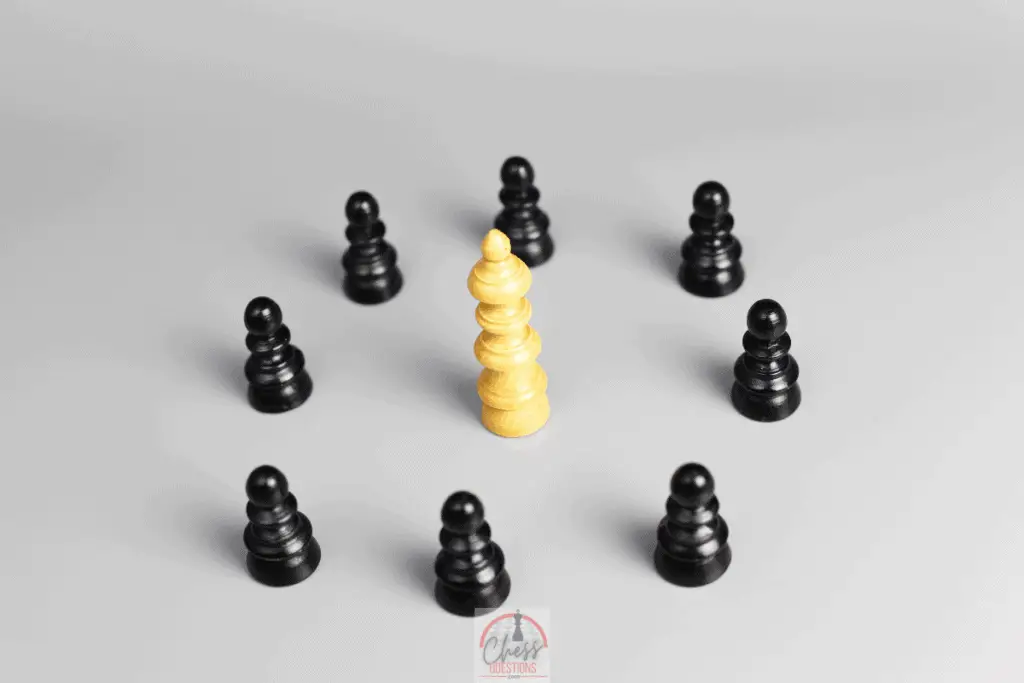
Chess traps attempt to fool you into making a losing move and do not think because at the opening of your game you can’t fail here, you may already know that fool’s mate will see you beaten as white in just two enemy moves.
Do not fall for them, study chess traps to avoid them and that will help you win more games.
Study for Strategy
Chess traps may be part of setting up your own strategy, so learning openings that provide early control and advantage over the center of the board will provide you with a stronger position to lay traps, decoys, and other chess strategies to gain material advantage.
Chess opening should be studied not in isolation but as part of a broader strategy.
A key feature in most chess games is the center control, more complicated positions, and this can be achieved by studying openings that allow you to gain an advantage over the opponent’s pieces before they are allowed on the middle board.
The opening position will dictate which other attacking moves will be more effective based on what side of the board your opponent starts with his or her first move.
The best way to enter any game such as chess is with a strong grasp of all elements including: understanding tactics; knowing how individual pieces work together; and having an ability to recognize patterns for their strengths in positional play – each providing different lessons learned when it comes time for battle strategies against opponents who may not play along those lines.
Study to Save Time
Have you ever watched top elite chess players play in a time-controlled game? Particularly Blitz and Bullet chess games?
You will notice that they play opening 3 or 4 moves at lightning pace. This may have left you wondering why they rush these moves.
The reason they do this is to save time. If you are playing a 3-minute game, just ten seconds per move in the opening will eat 16% of your total time away. Openings are relatively simple to play, so making those moves in just a second, leaves lots more time for the mid-game strategies to build and play out the end game.
Remember that even if you have a material advantage, if you run out of time in these games, you are the loser. Time trouble is as big a cause of loss in chess games as poor strategy.
At the highest level, those precious seconds on the chess clock can make all the difference in the standard timed games too, and every second could count.
Studying openings will provide you with the ability to make speedy decisions for your first few moves that will leave you under less pressure as your time diminished throughout the game..
How to Study
There are many ways to study chess, but I warn you, it can be time-consuming. It is also fun to learn more and more strategies. Chess can be addictive with a huge range of options of how to study the game of chess to get better.
Reading chess books and watching videos are great resources, as are the more practical exercise available in online chess puzzles. You can purchase online courses to learn and even hire a chess coach quite inexpensively to give you even more chess instruction.
How you choose to study chess will depend on how you feel you respond best to education, be that working on your own or with a partner like a coach.
I recommend, if you are an absolute beginner, to go online to chess.com, register as a user, and play a few games, just to get the feel. You will be able to complete some puzzles and take some lessons, although they are limited on the free account.
You will find that the chess puzzles are very addictive and 3 a day may not be enough to satisfy you, so a cheaper option than a coach of online courses at this stage would be the premium subscription which is just a few dollars a month and provides you many more options for chess study.
Where to Study
The obvious place for chess study is at home. I would of course recommend that you have a place or room of your own so help with concentration, as chess study is best undertaken with as few distractions as possible.
That said, if you have your chess books, there is nothing to say that a break with the book in your favorite coffee shop or park is not good study time.
You will have your favorite place where you know from experience, you are able to concentrate and take in information. So choose the most convenient for you.
Puzzles
As mention in the How to Study section above chess puzzles are one of the best ways to study chess.
Providing short and shape lessons on how to make the next couple of moves in any given situation, there is more information in the guide I wrote on chess puzzles.
Coaches
Coaches can be very cheap, but they can also be very expensive. The general rule of thumb, if you are considering hiring a chess coach, is that whilst you should expect to get what you pay for, this might not always be the case, and you may overpay for someone who is good at marketing themself as a coach when they really are not in a position to do so, given there is no real regulatory board or license required.
My advice here is to use a coach to study chess only once you have reached an intermediatory level of skill in the game. You will then be in a much better position to understand if you coach is more skilled than you.
Conclusion
There is a lot to learn regarding chess openings, but as a beginner, you should concentrate on learning just a few standard openings in the first instance, and putting them into practice.
Whilst not falling for traps early on with having no knowledge of openings, it is possible to overstudy and then fall behind with middle game and end game ability, and all of that study will not help you close out and win chess games. Many new chess players fall for this and get frustrated in not being able to make progress.


